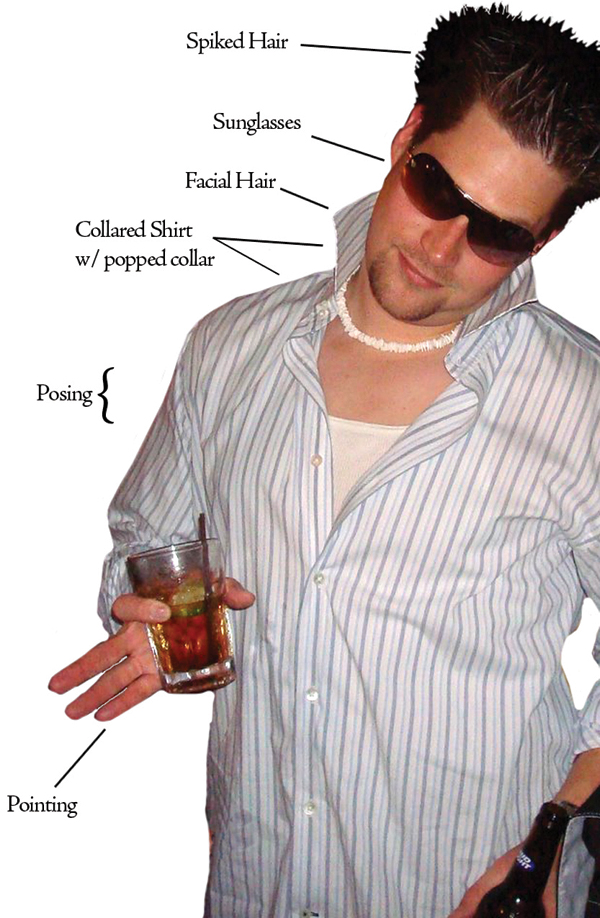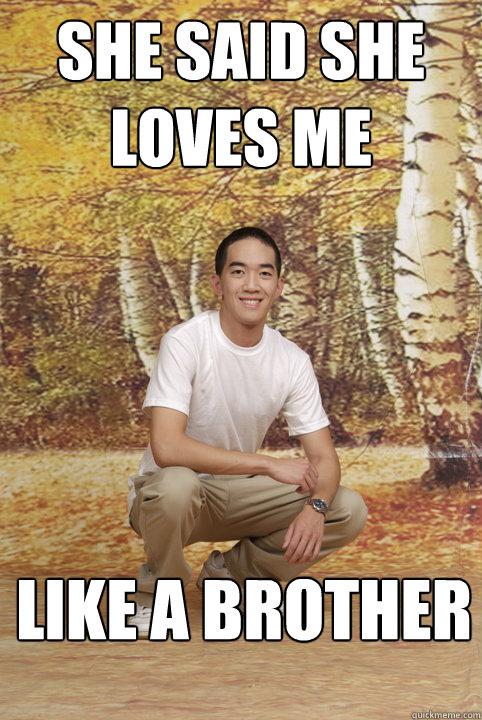I'm not sure that my default mode is necessarily merry
or are you? ok take a step back from the exact adjective and compare yourself to Te users: typically, when a Te user studies something, it's because it's useful, but when a Ti user studies something, it's usually because it's interesting. so even done in a serious tone, isn't there something essentially non-serious about the later approach? like children gravitating towards the most mentally stimulating source around them... in many ways Ti isn't maturing from that, it's learning how to max it out.
"merry" is probably not the best word choice in terms of the exact associations it provides, but from what i gather (which is still very much a first impression of socionics btw), i get the sense that it is essentially trying to convey "the opposite of serious".
I also think the detached nature of Ti is in some way more compatible with Fe broadcasting. The attitude of Fi towards things seems to be the opposite of detached. Fi seems as though it has an attached attitude towards everything... attached used here in the sense of "engaged and invested in". I'm not sure how to describe what Fe does other than in terms of broadcasting, but it's not so diametrically opposed.
that's awesome you used those words - attached & detached.... because i once had a theory that this difference was the basis of how Fi (& Te) / Fe (& Ti) forms in the first place:
every infant has the experience of having their actions disapproved of by their authority figures & caretakers - this is the earliest exposure & seeding for ethical information.
when a child has an earlier formation of identity - a traumatic separation of "self" & "world" - this information is detached and associated with the external subjects - with the authority figures themselves - your ethical guidelines is information about the outside and what the people outside are feeling. this information starts coming in at such an early age that the child often doesn't have yet a full grasp of the language and content, so he learns to navigate through ethical information through paying attention to the undertone, implications, social cues & the surrounding reactions (
Fe).
lacking any internal direction, the child will take in whatever information stimulates him to play with, and will thus experiencing most of his cognitive dissonance between the internalized information - the stress of cognitive dissonance in his case will come from whatever stands in the way of putting the pieces of information together, and he logic becomes a coherence seeking logic, trying to make sense of how thing fits together (
Ti).
when a child experiences a slower gradual formation of identity, there is no immediate rejection of information as "external", so he forms an identity inclusive of the ethical information he has absorbed throughout that process - it is attached to the self. "right" and "wrong" aren't the feelings of someone else, they are included within his emotional structure as moral notions of right and wrong. while those earliest instructions aren't going to be the moral code they child builds up, they are the mental schema's on which that code gets built - and since much of the earliest instructions a child gets have to do with not being allowed to do what would hurt themselves, they often develop it based on learning what will hurt them, essentially learning to extend it to others through the golden rule (
Fi).
the gradual forming identity of the child doesn't only include the mental schema's of ethical information, it also includes everything else the child - his likes and dislikes, his wants & desires. the child learns to apply his logic externally to provide or that - it becomes goal oriented logic designed to correct the cognitive dissonance between the desired state he experiences and the existing state he observes (
Te).
if this is true, then the detachment of alpha's and beta's is result a sharp traumatic formation of identity, while the attachment of gamma's and delta's is the result of a gradual inclusive formation of identity - regardless of which type you are within your quad.












